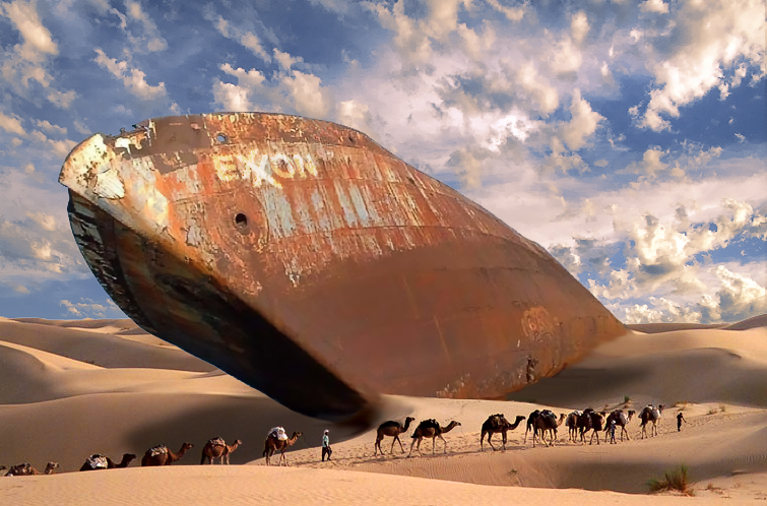It’s hard to say that three years makes a trend. But one of the world’s major energy consulting firms has lowered its estimate of world oil reserves for three years in a row now.
Rystad Energy provides a publicly available analysis of world oil reserves each year. In 2020 Rystad wrote that “the world’s recoverable oil [dropped] by around 282 billion barrels.” That represented a 12.9 percent decline in just one year. In 2021 the firm stated its analysis showed that recoverable resources declined by another 178 billion barrels or about 9.4 percent. Rystad said the decline was due in part to new modelling based on resources “at well level rather than field level.” The closer Rystad looked, the less oil there seemed to be.
In 2022 Rystad noted yet another decline of almost 9 percent in its press release headline. Recoverable oil resources dropped another 152 billion barrels. (For all estimates Rystad uses figures for crude oil and lease condensate which is the accepted definition of oil.)
With estimated recoverable resources standing at 1.572 trillion barrels, there is no seeming immediate threat to oil supplies. But the trend, should it continue, would be troublesome. There is a lot to look at “under the hood” of these estimates. Rystad reduces its broad 2022 estimate to an amount it believes could be produced profitably if oil is around $50, namely 1.2 trillion barrels. Price always matters when talking about recoverable resources. Higher prices, of course, make harder-to-get resources more likely to be profitable.
Rystad notes the lowering of investment in oil exploration as one of the culprits. This drop has been driven by the uncertainties surrounding the pandemic and a world about to be ever more stringent regarding fossil fuel emissions.
Companies and countries holding oil under their soil have long been known to exaggerate. Lack of independent audits among the world’s government-owned oil companies should give us pause. Saudi Arabia, Iraq, Iran, United Arab Emirates and Kuwait all have national oil companies that control oil development within those countries. For a more comprehensive list, see here.
Because of the lack of transparency into much of the world’s oil resources, we are left taking the word of governments, many of whom are part of OPEC—and those OPEC members have an incentive to inflate their reserves in order to increase their OPEC production quotas because those quotas are based in part on the size of members’ reserves. It’s worth noting that OPEC countries claim to have 80 percent of recoverable world oil resources. (For a more detailed analysis of this issue, see my 2012 piece “Has OPEC misled us about the size of its oil reserves? Does it matter?” which is still almost entirely relevant.)
Those of us who’ve been skeptical about recoverable oil reserve claims are not particularly surprised that estimates of worldwide reserves are falling. Another part of the story is that new discoveries meant to replace reserves produced each year are not nearly as great as consumption for many years running. Worldwide consumption has hovered between 27 and 30 billion barrels per year in the last decade. But new discoveries have been far behind with the highest year showing 12.9 billion barrels (2012) of discovery for data from 2011 through 2018. Rystand notes that discoveries were 12.2 billion barrels in 2019 and 10 billion barrels in 2020. But these numbers include turning natural gas discoveries into what their equivalent would be in terms of oil based on their energy content. Last year the industry discovered the lowest amount of oil and gas combined since 1946.
The optimists tell us that this will soon all be reversed. They have been saying that for a decade. In the meantime the price of oil—which was already rising before the Russian/Ukraine conflict—has vaulted upward. The ultimate effect may be a deep recession. Some 10 out of the last 11 post World War II recessions have been preceded by spikes in the price of oil.
It’s a pattern we’ll likely have to get used to unless the luck of the optimists turns around.
Image: Exxon desert tanker. Satirical image created in Photoshop to illustrate the concept of peak oil. (2007) by azrainman via Wikimedia Commons https://commons.wikimedia.org/wiki/File:Exxon_desert_tanker.jpg






